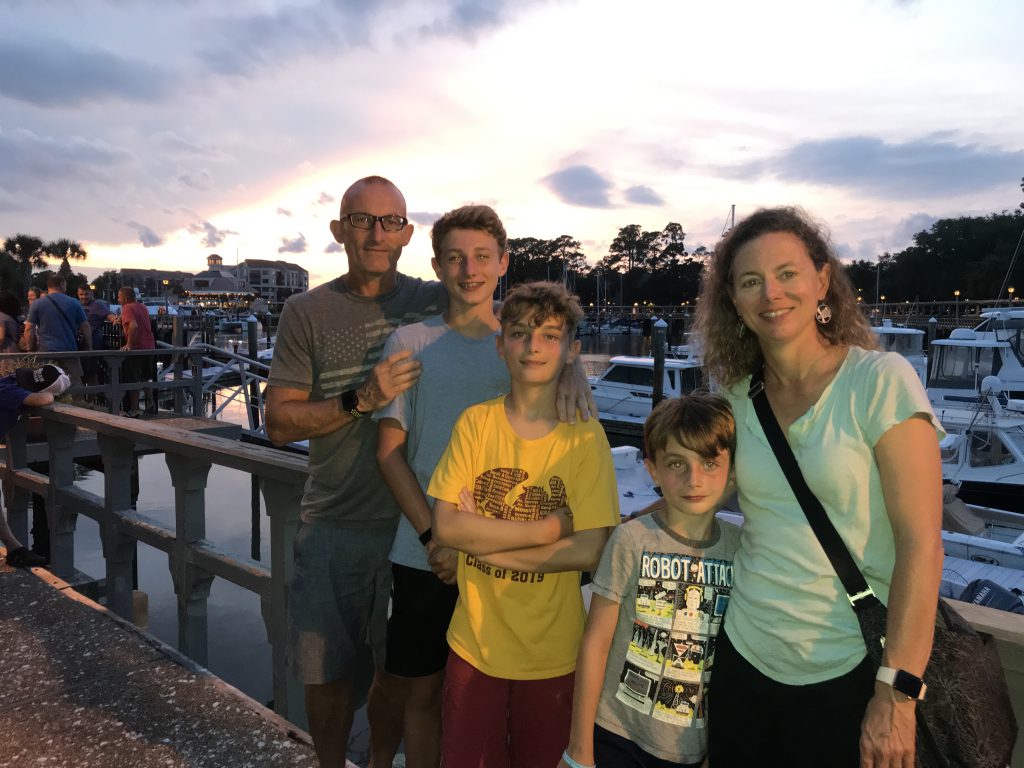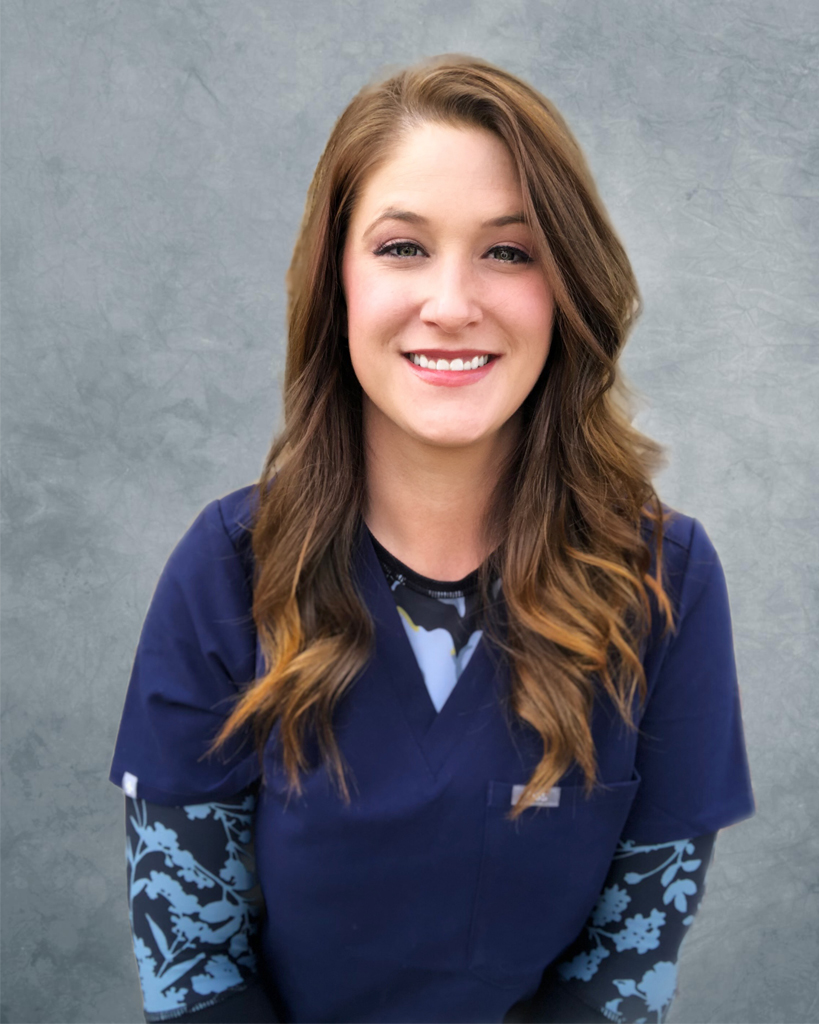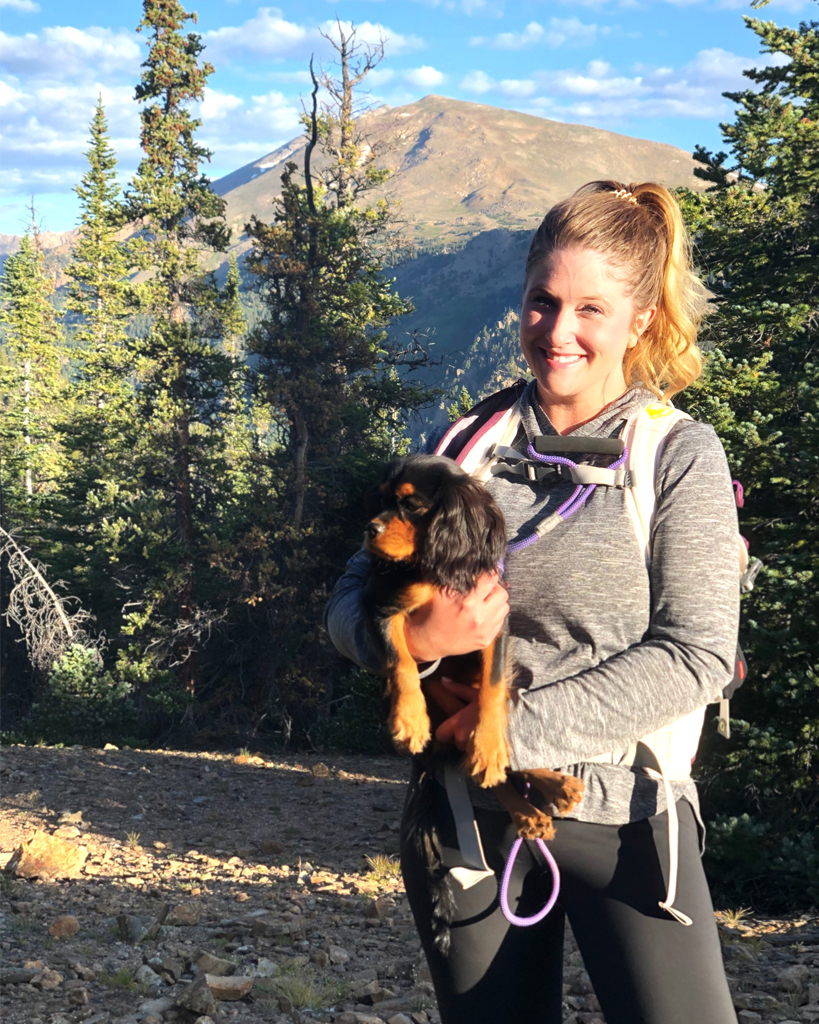
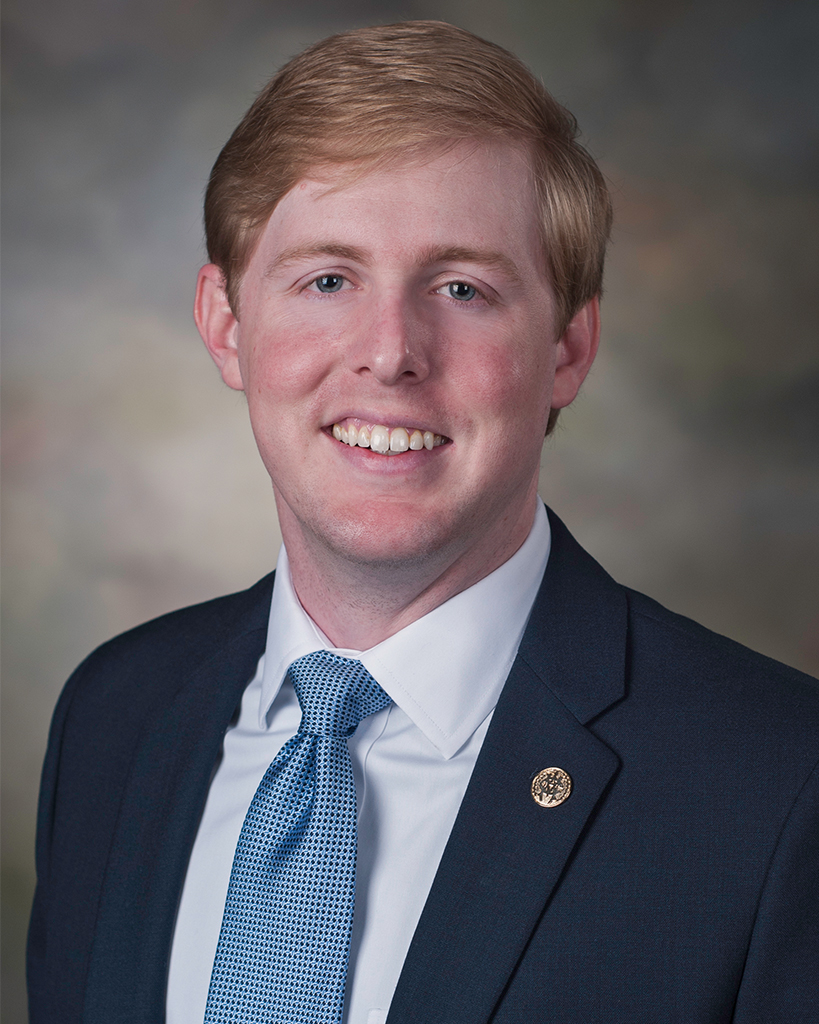
TYLER STEWART
Urology Resident in San Antonio, Texas
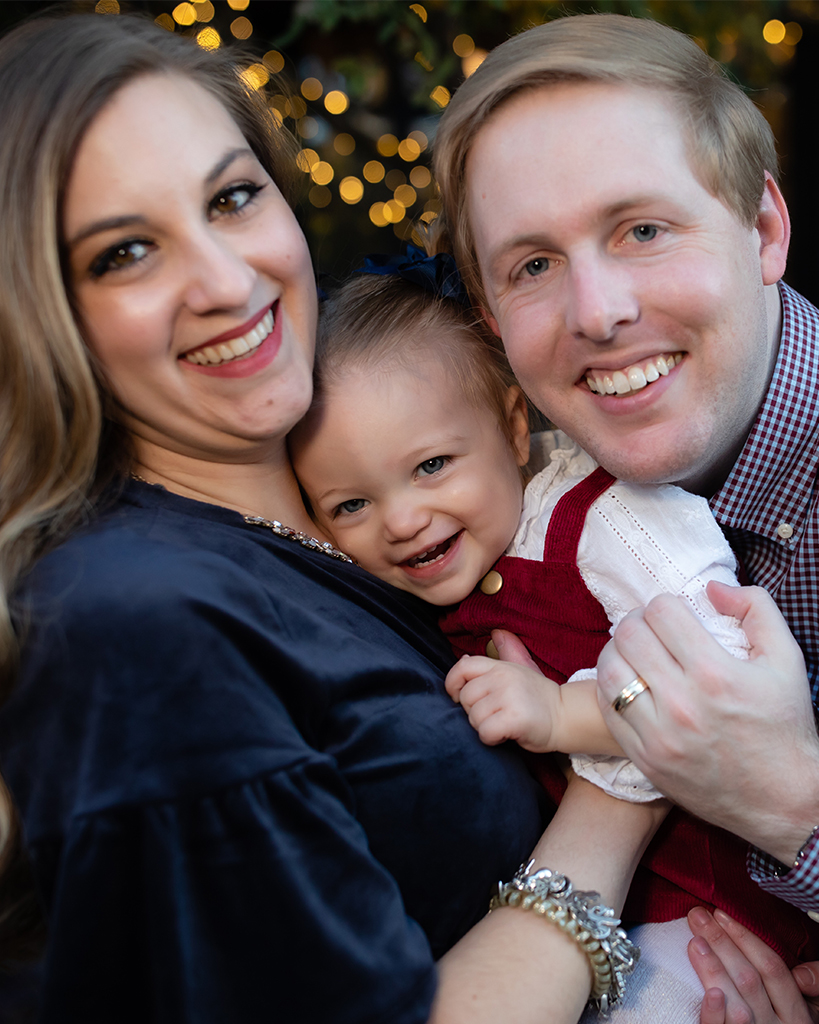
What was your involvement in the MSC?
MSC President, MSC FISH Chair/AD/freshman
What does a day in your life look like currently?
I'm still working in the hospital every day. I get there at roughly 5:30 a.m., and start checking in on the patients that stayed overnight. Throughout the day I take care of those people and try to get them home, and I also see all the new emergency consults from the ER. We have been severely limited with the operations we are allowed to do (only emergencies and cancer), but I'm still lucky enough to be in the operating room usually once or twice a day. We wrap up the day around 6 p.m., and I get to go home to my wife and little girl. I'm on call once or twice a week, which means when emergencies come in overnight, I am the one who goes in and sees them and/or operates on them.
The MSC helps build leaders by providing opportunities to improve skills such as critical thinking, active listening, giving and receiving feedback, and others. What skills did you gain in your involvement with the MSC and how did your time as a student leader prepare you for your role during this challenging and unforeseen time?
Without question, my roles in the MSC provided me with the training, experience, and skills I needed to be a successful medical student, a successful surgeon/physician, a successful community leader, and the leader of my household. I received too many skills to list, but if I had to choose just a few to highlight, I'd say the most important are communication, critical thinking, and giving/receiving feedback. When you're taking care of patients, clear and constant communication is of the utmost importance in order to ensure the patient gets the care they need and to prevent mistakes from happening. I work with many different providers every day (nurses, medical assistants, anesthesiologists, other surgeons, insurance companies, etc.), and I speak with patients and their families; learning how to speak to each party in the appropriate manner and to communicate the pertinent and essential points is critical to ensure we provide good care. Critical thinking is another important skill I learned through the MSC.
Being a surgeon and a physician who sees patients in the emergency room means I constantly encounter problems that are not "by the book"; there's often not an obvious answer for how to fix certain problems. Thinking critically is absolutely necessary to help find inventive ways to attack those novel problems. Especially during this time, when resources are limited, I have to find a way to continue treating patients appropriately even when I'm faced with limited or challenging circumstances.
Finally, giving and receiving feedback (a.k.a. "constructive criticism") is a part of my daily life. We can't afford to make many mistakes when the health of another person relies on our abilities and decision-making, so feedback is an absolute necessity in a medical team. During this COVID crisis, it is essential that the physicians, the administrators, the nurses, and everyone involved with caring for patients is constantly improving the processes we have to keep patients and providers safe. We constantly discuss the strong and weak policies we have, the challenges we face, and the ways to improve upon our prior efforts.
If you were to return to your time in the MSC, what skills would you personally focus on strengthening, especially in your current situation?
I think I'd focus most on strengthening patience and attention-to-detail. Given the current crisis, we are constantly facing new challenges each and every day, and they often make our jobs harder and/or more dangerous. Patience is key when learning how to make thoughtful and patient-centered decisions in a time of crisis. Attention-to-detail is also absolutely something that impacts my daily life. If you slip up even the slightest (in the operating room, when putting on your masks/gown/gloves, when ordering medications), you can jeopardize the health and well-being of not only the patient and their families but also yourself and the providers around you.
The MSC core values are Respect, Excellence, Leadership, Loyalty, Integrity, Service and Diversity. What core value best describes the work you do today?
Service seems the most appropriate for what I currently do. Serving patients and caring for the sick is part of the job, and even when it may be dangerous or inconvenient to perform that job, it is my duty to see that it is done. Being in the service of others, especially when they need it most, is more rewarding than any payment or award or accolade.
What is one of your favorite memories from being involved in the MSC?
Wow, it's hard to pick just one memory! I spent many late nights up in the SPO (both at Koldus and the new MSC) with my MSC FISH leadership team and later with my MSC President executive team. Although it was often stressful, I'd have to say I really loved the time I spent with my fellow assistant directors in MSC FISH planning the first Kyle Field Day. We stayed up very late, were very stressed, and ate a lot of pizza, but it was so fun to, "run through the fire," with my friends and to see our efforts be rewarded with a wonderful project.
What else would you like to share about the MSC?
These are trying times, but the people that will get us through them are the ones who reflect the qualities that the MSC strives to teach. Those with a servant heart, those with critical thinking skills, those who are leaders, those who never back down from a challenge...they are the ones who will guide us through this time. The MSC has prepared thousands of servants for this time, and I know they are serving as a guiding light during this difficult time.


